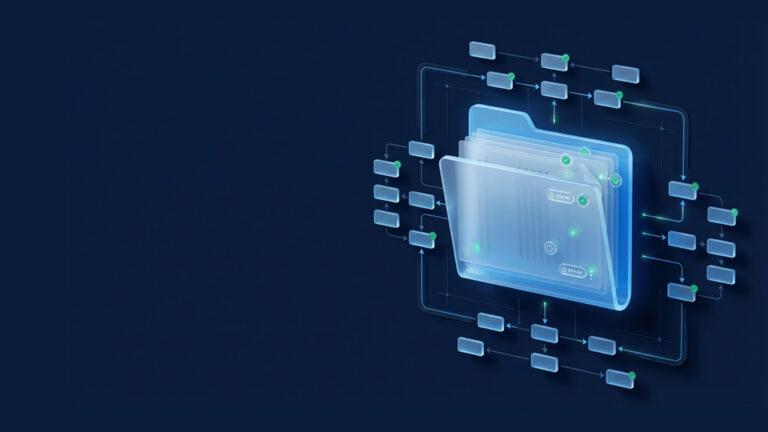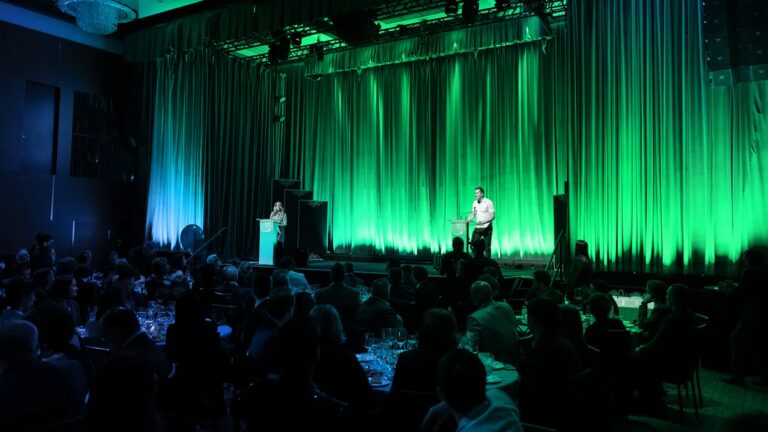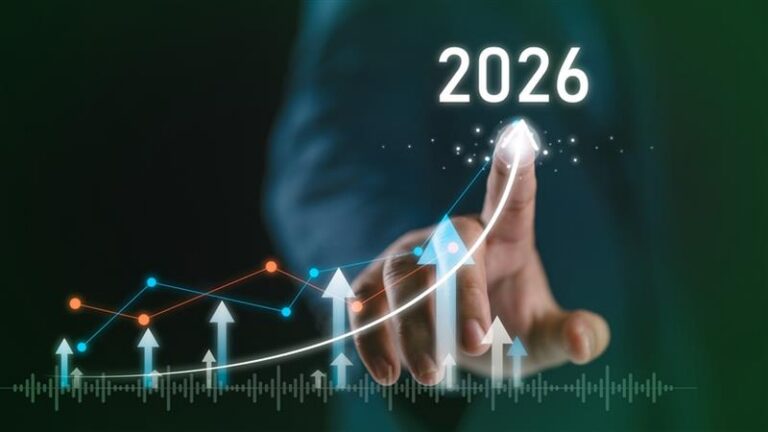Managing a court case can be a full-time job—especially for large and complicated cases involving thousands of documents and multiple witnesses. Simply put, busy attorneys don’t have time to sort through legal data and communicate with all their various clients. For help, attorneys often rely on litigation support professionals.
Keep reading to learn more about the important role that these professionals play in law firms and how to launch a career in this exciting and high-demand field.
What Is Litigation Support?
Litigation support is the process of consulting and assisting attorneys for court cases. The reason this is necessary is because attorneys typically have to juggle multiple clients at the same time, each of which has a different court deadline. Attorneys need to spend the majority of their time reviewing cases, forming arguments, and building winning strategies—not digging through data.
When attorneys get bogged down with back-end work, it can impact performance and lead to court losses—costing money and damaging reputations along the way. As such, litigation support plays a critical supporting role in busy law firms. With the right team of litigation support specialists in place, winning in court becomes that much easier.
What Does a Litigation Support Professional Do?
Litigation support professionals assist attorneys by collecting, analyzing, securing, and organizing physical and electronic data. After that, they prepare items for use in court, helping attorneys make their cases more effectively.
With this in mind, let’s take a look at some of the various tasks that litigation support professionals need to handle.
Pulling Legal Records
Clients can’t be responsible for providing all the information in a court case. Oftentimes, they don’t know what to provide. In other cases, they may provide incorrect information.
Litigation support professionals are responsible for requesting and compiling records to help build cases. For example, after car accidents, medical providers often provide billing data but not medical data. A litigation support professional may contact a provider to obtain more information to assist in a case.
Sorting Through Information
In many cases, law firms have an excess amount of information to sort through. Legal teams need to dig through information and extract only meaningful data while being careful not to omit key information that could influence the outcome of the case.
Litigation support professionals need to know what information is necessary for a court case and what information is extraneous. This way, they can make sure they don’t give an attorney unnecessary or unhelpful information.
Confirming Information
As a case moves forward, legal teams need to confirm key details, such as documents, statements, notifications, and bills. For the best results, it’s very important not to overlook any items as the case progresses.
It’s the job of a litigation support professional to confirm information, thereby ensuring that all the facts are in order and nothing is missing.
Scheduling Meetings
Attorneys may need to meet with clients at various points to go over important details during a case. Since their time is so valuable, lawyers simply can’t afford to handle these responsibilities on their own.
Litigation support professionals can help here, too. They can reach out to clients and set up meetings. At the same time, they may also sit in for an attorney during a meeting and take notes from time to time.
Building and Maintaining Databases
Attorneys need fast and easy access to data during cases. Litigation support professionals compile, structure, and visualize data for attorneys. This gives them access to clean information to use in court, making it that much easier to argue their case persuasively.
Who Employs Litigation Support Professionals?
Suffice it to say that opportunities abound for litigation support professionals today. In fact, there is high demand in law firms of all sizes—from large institutions to small offices.
In addition, corporations often hire litigation support professionals to help in their legal departments. This enables legal teams to operate as if they are bigger than they actually are by eliminating clutter from attorneys’ plates.
What’s more, there is also growing demand for litigation support professionals in legal process outsourcing (LPO) firms, which provide legal support to corporations.
How to Become a Litigation Support Professional
Starting a career in litigation support doesn’t require going through law school and passing a bar examination. In fact, you may not even need a graduate degree to find work as a professional.
Here’s a breakdown of what you need to get started in this field.
A Degree in a Related Field
Entry into this field typically requires an associate’s or bachelor’s degree in legal or paralegal studies or a similar field. This means candidates don’t necessarily need to study law to go into this line of work. For example, people with English or political science degrees can pursue careers in litigation support.
Having a degree and a solid resume is usually enough to get your foot in the door with a firm.
Relevant Technical Skills
To excel in litigation support, professionals need to be technically savvy with strong data management skills and computer proficiency.
This field doesn’t require being an IT whiz. But it does entail a lot of computer work.
Stellar Organizational Skills
Strong organizational skills are critical for success as a litigation support professional. After all, the job requires ingesting, analyzing, and sorting vast amounts of documents. It also requires securing and tracking documents as they move between different users and physical locations throughout a case.
Strong Communication Skills
Lawyers depend heavily on litigation support professionals to understand key details. Professionals in this line of work should be able to clearly and concisely communicate with team members, clients, and outside firms.
The Value of an eDiscovery Certification
Litigation professionals who want to sharpen their skills and stand out from other job applicants in this competitive field are highly encouraged to pursue eDiscovery certification.
In recent years, eDiscovery has become increasingly important because of the abundance of digital information that is available. This area of focus involves collecting, preserving, reviewing, and preparing electronic information for use in court.
Since eDiscovery is still a relatively new field, most colleges and law schools are still not offering an official eDiscovery certification. Even so, litigation professionals can pursue eDiscovery certification through seminars, online courses, and product demonstrations. For example, the Association of Certified E-Discovery Specialists (ACEDS) offers online training and certification. A similar program is also available through the Cleveland-Marshall College of Law.
Venio’s Approach to eDiscovery Certification
Venio offers the VenioOne Certified Administrator eDiscovery Certification, a course designed to demonstrate proficiency and knowledge in the Venio One software platform. VenioOne is a leading eDiscovery platform for processing, reviewing, analyzing, producing, and streamlining early case assessment (ECA) data. Law departments of all sizes now use the platform, and four of the largest U.S. government agencies are now using VenioOne and VenioOne OnDemand.
Passing Venio’s eDiscovery certification course is a way for litigation support professionals to demonstrate to employers and team members that they are on the cutting edge of legal eDiscovery technology. This type of certification can help litigation workers advance from mere professionals to industry specialists with useful and in-demand skills, potentially leading to higher pay.
Ready to jumpstart your legal career as a litigation support specialist? Find out how Venio can help.






